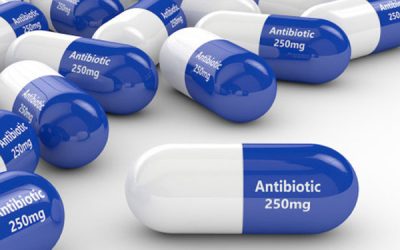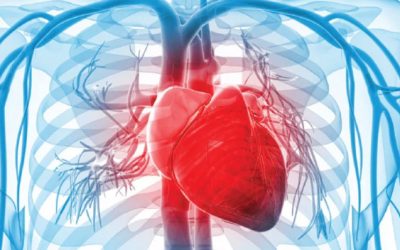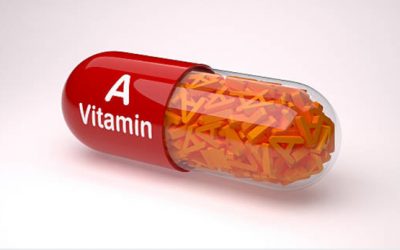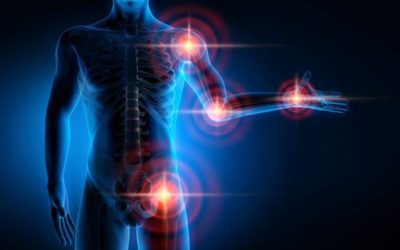Optimal Health Insider
Research broken down for ease of use
Most common antibiotics lead to heart problems
Researchers have for the first time established a connection between the most commonly prescribed class of antibiotics and two types of heart conditions. Researchers found that current users of fluoroquinolone antibiotics (such as Ciprofloxacin or Cipro) face a 2.4...
New research shows critical role of Vitamin K2 in preventing aneurysms
New research coordinated by Queen Mary University of London has identified a key role that Vitamin K2 plays in preventing the development of blood vessel aneurysms. The study was published in Arteriosclerosis, Thrombosis and Vascular Biology in May 2019. In their...
New research highlights the killing power of soda pop
A large European study has added to the considerable evidence that regular soda pop consumption contributes to early death. The study demonstrated that even a single soda pop per day is detrimental; however, drinking two sodas daily increased the chancesof dying from...
Flavonoid-rich diet protects against cancer and heart disease, study finds
Consuming a flavonoid-rich diet protects against cancer and heart disease, particularly for smokers and heavy drinkers, according to new research from Edith Cowan University (ECU) in Australia. Flavonoids are a type of antioxidant found in fruits, vegetables, herbs...
B-vitamins can improve concentration among people with psychosis risk
A new study has shown that B-vitamins are beneficial for maintaining concentration skills among people experiencing a first episode of psychosis. The study was performed by researchers from Orygen, the National Centre of Excellence in Youth Mental Health in Melbourne,...
Vitamin C protects body’s gut-to-liver vitamin transfer function
A new study has revealed that low vitamin C levels impair the "gut to liver" transfer of vitamin E. This biological function is crucial when the body is experiencing times of inflammation. The research was conducted at Oregon State University and published in the...
Higher vitamin A intake lowers skin cancer risk
People whose diets included high levels of vitamin A had a 17 percent reduction in risk for getting the second-most-common type of skin cancer, according to a new study from Brown University in Providence, RI. The researchers made the conclusions after analyzing data...
Vitamin D supplements slow progression of type 2 diabetes
Vitamin D supplementation may slow the progression of type 2 diabetes, according to a new Canadian study. Low vitamin D levels have previously been associated with an increased risk of developing type 2 diabetes; however, this is the first major study to demonstrate...
Proven joint nutrient glucosamine also provides heart benefits
Glucosamine supplements have long been known as a natural remedy for joint pain; however, a new study is shedding light on a surprising new health benefit for those who take it. Namely, it appears when taken regularly glucosamine also lowers a person's risk of...
Study once again proves prostrate benefit of saw palmetto
Natural health practitioners have recommended saw palmetto for urinary tract infections, among other ailments, for centuries. Now a new study shows it works as well, or better, than pharmaceutical prescriptions for enlarged prostrate. Serenoa repens, commonly known as...
Higher vitamin K intake helps lower blood pressure, according to study
Increased levels of vitamin K in the blood appears to improve cardiovascular health, according to new research conducted by cooperating scientists in Belgium and The Netherlands. Vitamin K was shown to provide benefits by reducing arterial stiffness and improving...
German study proves critical need of dietary supplements for elderly
Persons over the age of 65 are virtually guaranteed to have insufficient levels of at least one micronutrient in their blood. And odds are they are deficient in several critical micronutrients. This is the conclusion of an investigation conducted by researchers at the...











